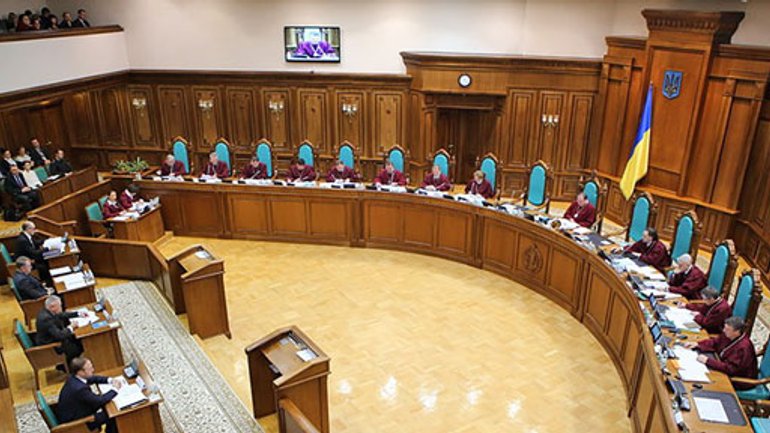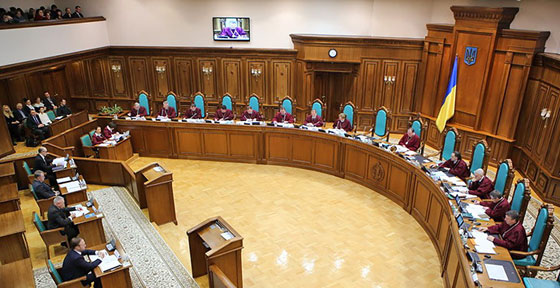Public religious meetings in Ukraine can be carried out without permits of authorities – court's ruling

Ukraine’s Constitutional Court has declared unconstitutional the demand that permission be received from the local authorities for holding a religious peaceful assembly.

The requirement was discriminatory and illogical since Ukraine’s Constitution (1996) requires only that people notify of plans to hold a peaceful assembly.
The Constitutional Court announced the decision on September 13 to an audience made up of members of the Ukrainian Council of Churches and Religious Organizations, the Institute for Religious Freedom, the media and members of the public. The religious organizations mentioned had, at the request of the Constitutional Court, presented arguments for revoking the requirement.
The judgment is dated September 8, 2016 and states that “in a democratic law-based country there cannot be different rules for holding peaceful assembly, depending on the organizers and participants, the aim, place, form, etc.,” the Institute for Religious Freedom reports.
There can also be no excuse for such effective religious discrimination.
The conclusion seems too obvious to need to run through the arguments given, however the Court does cite both Ukrainian law and the European Convention on Human Rights.
This is indeed a victory, but one that has taken too long to achieve. The requirement in question has been in force for the last 10 years.
The difference is now sadly dramatic if one compares Ukraine with Russian-occupied Crimea.
“The de facto authorities have recently imposed severe limits to the right to freedom of assembly of persons belonging to the Crimean Tatar and Ukrainian communities who openly express their identity and opposition to the illegal annexation of Crimea by the Russian Federation. Cultural, religious and symbolic elements of Ukrainian identity have been restricted and/or suppressed through various administrative or law-enforcement measures,” the OSCE Human Rights Assessment Mission on Crimea reports in 2015.









